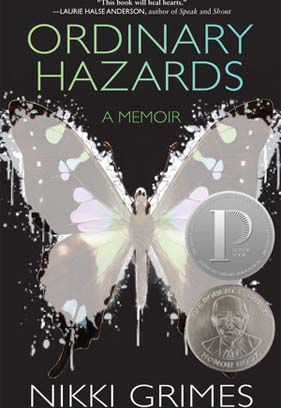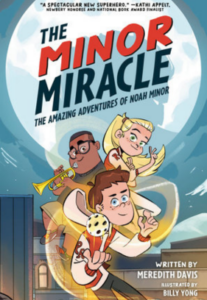Early in life, Nikki found that the power of words helped her process the pain of being separated from her beloved sister while dealing with a schizophrenic mother, sexual abuse, and gang-filled neighborhoods. Words were her solace, a path towards the grace of God and a way through the hazards of her life.











